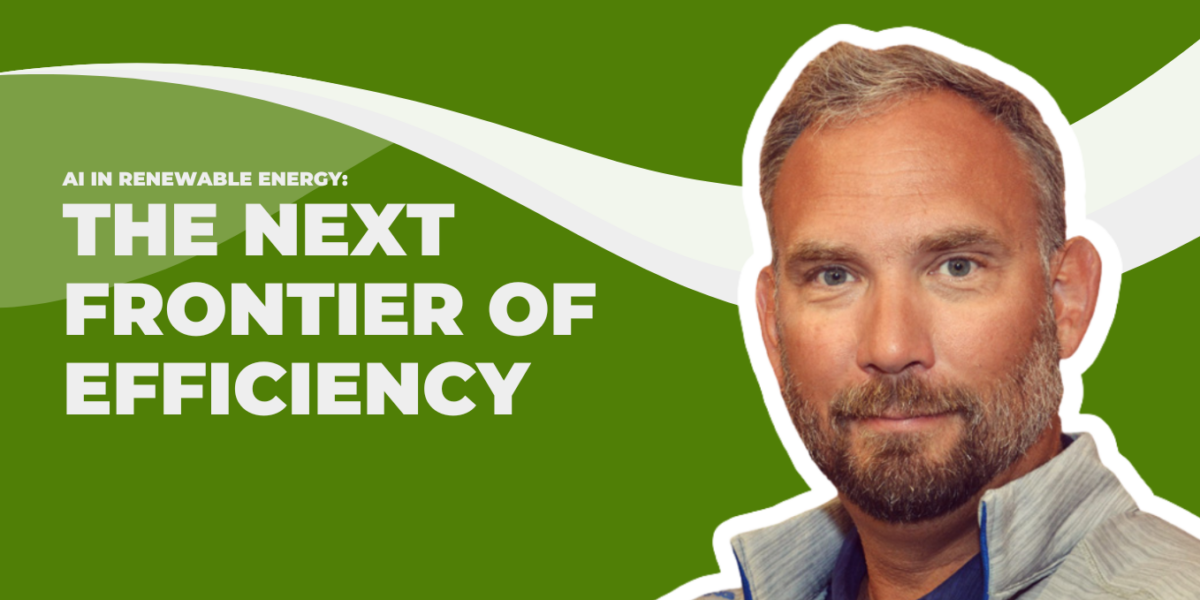Here’s something I’ve learned after years of being in the renewable energy industry: there’s good asset management and adequate asset management.
Recognizing opportunities to improve efficiency is how strong asset managers afford themselves time to consider the big picture.
Many people think keeping a project financially afloat is sufficient—and maybe it is for troublesome projects. In my opinion, If someone is merely checking boxes without looking for ways to optimize results, that’s only adequate asset management.
An adequate manager gives you exactly what you asked for without considering how the information coming in can inform better business decisions moving forward.
Strong asset management is being able to minimize risks, spot issues currently happening, take the necessary steps to boost performance, adhere to compliance requirements, and forecast future financial scenarios. If this sounds like a lot, it’s because it is-which is why it’s often split across three specialties.
Let’s go over the main responsibilities of each renewable energy management specialty:
Technical Asset Management
- Technical asset managers handle the day-to-day operations of renewable energy assets.
- They collect and interpret data related to the performance of renewable energy assets.
- Technical asset managers monitor assets in real-time or near real-time and interpret the data before acting.
- They make the call to dispatch maintenance for repairs or part replacement.
- Technical asset managers provide performance-based reporting and set the stage to safeguard and increase asset value.
Financial Asset Management
- Financial asset management is everything involved in managing the business of the asset, from cash flow, invoicing, debt, loans, waterfall payments and more.
- Financial asset managers also handle purchase agreements, tax preparations, and reporting processes.
- Their role is to ensure the optimal economic performance of any portfolio.
- Good financial asset management is learning from data and taking pre-emptive actions. It’s developing or altering new ideas to manage the asset and its bottom line better.
- Renewable energy portfolios with an effective financial asset manager see value growth and steady and predictable energy production.
Commercial Asset Management
- Primary responsibility of commercial asset managers is to extract the revenues from existing and future assets while accounting for risk.
- They focus on compliance: meaning contracts, insurance, warranties, and reporting.
- Good compliance management practices are your first line of defence to mitigate risks.
- Compliance is essential and can be very costly when it fails.
What can all three specialties utilize to drive results?
Each specialty benefits from using software to stay organized, automate processes and compile reliable data around the clock. While there’s no such thing as a one-size-fits-all software solution for asset managers, there are aspects that all businesses can benefit from.
The technology asset managers implement should empower their teams, simplify and support processes, and make information easier to access. At PowerHub, we’ve enjoyed working with small and large companies.
If you want to chat about improving technical, financial, and commercial asset management processes, you’re in the right place.
After all … We’re in the business of helping you grow.




